The Resilient Gardener
Macmex
13 years ago
Related Stories

LANDSCAPE DESIGNLearn Your Garden’s Microclimates for a Resilient Landscape
Reduce your water demand and learn the basis of planting the right plant in the right place
Full Story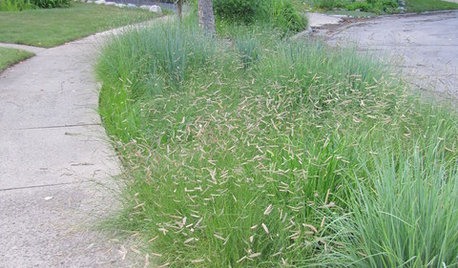
GARDENING GUIDESGreat Design Plant: Bouteloua Gracilis
Resilient blue grama grass thrives in sunny meadows and parking strips in the western U.S.
Full Story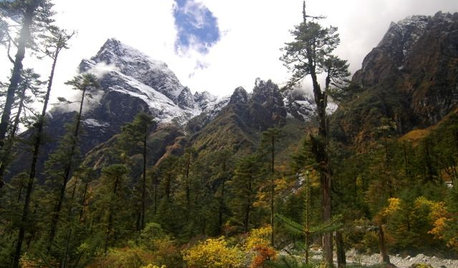
LANDSCAPE DESIGNLet Nature Inspire Your Landscape: Mighty Mountain Gardens
Bring an alpine vista to your yard by tucking resilient plants and flowers into rocky garden nooks
Full Story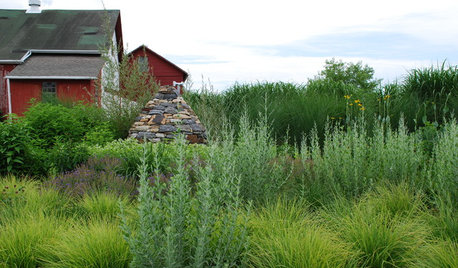
LANDSCAPE DESIGNProblem Solving With the Pros: An Abundant Garden Stretches Its Means
Swaths of resilient, eye-catching plants thrive with little care or resources in the landscape of a Pennsylvania farmhouse
Full Story
GARDENING AND LANDSCAPINGBeachfront Garden Stands Up to the Elements
A sophisticated outdoor entertaining space relies on tough plants and resilient materials to bring indoor living outside
Full Story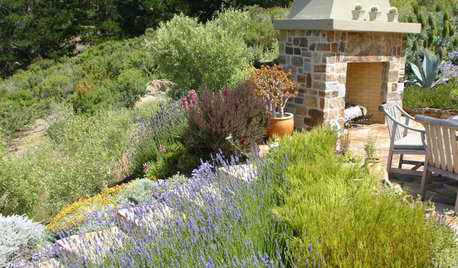
GARDENING AND LANDSCAPINGEasy Herbs for Every Space
Resilient and forgiving, herbs like mint, thyme and rosemary are simple to grow and look great in both containers and landscape designs
Full Story
GARDENING FOR BUTTERFLIESGreat Design Plant: Coyote Bush
Remarkably resilient, this coast-happy shrub attracts native wildlife — and its leaves have an unusual attribute
Full Story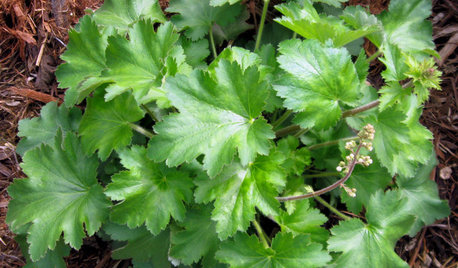
GARDENING GUIDESGreat Design Plant: Island Alumroot
Shade tolerance and resilience make this California native a natural for planting under oaks and other canopy trees
Full Story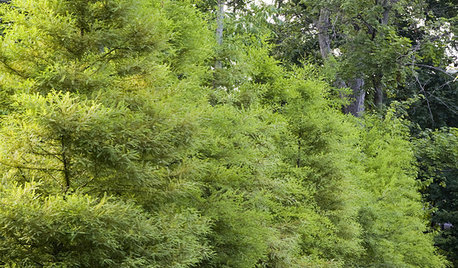
GARDENING AND LANDSCAPINGGreat Design Plant: Bald Cypress
Enjoy this beautiful tree's feathery foilage, fall color and tolerance of wet and dry soils
Full Story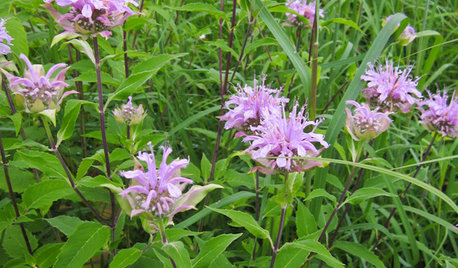
NATIVE PLANTSGreat Design Plant: Wild Bergamot, Friend of Foragers
Nourish butterflies and other winged creatures with the tubular flowers of Monarda fistulosa, a pretty pink native
Full Story






Okiedawn OK Zone 7
susanlynne48
Related Professionals
Windham Landscape Architects & Landscape Designers · Newcastle Landscape Architects & Landscape Designers · Fort Myers Landscape Contractors · Hicksville Landscape Contractors · Lantana Landscape Contractors · Lehigh Acres Landscape Contractors · Longview Landscape Contractors · Pahrump Landscape Contractors · Panama City Beach Landscape Contractors · San Pedro Landscape Contractors · Benton Decks, Patios & Outdoor Enclosures · Carmel Decks, Patios & Outdoor Enclosures · Fort Myers Decks, Patios & Outdoor Enclosures · Vero Beach Decks, Patios & Outdoor Enclosures · West Chicago Decks, Patios & Outdoor EnclosuresMacmexOriginal Author
owiebrain
MacmexOriginal Author
duckcreekgardens
owiebrain
MacmexOriginal Author
leava
MacmexOriginal Author
owiebrain
MacmexOriginal Author
owiebrain